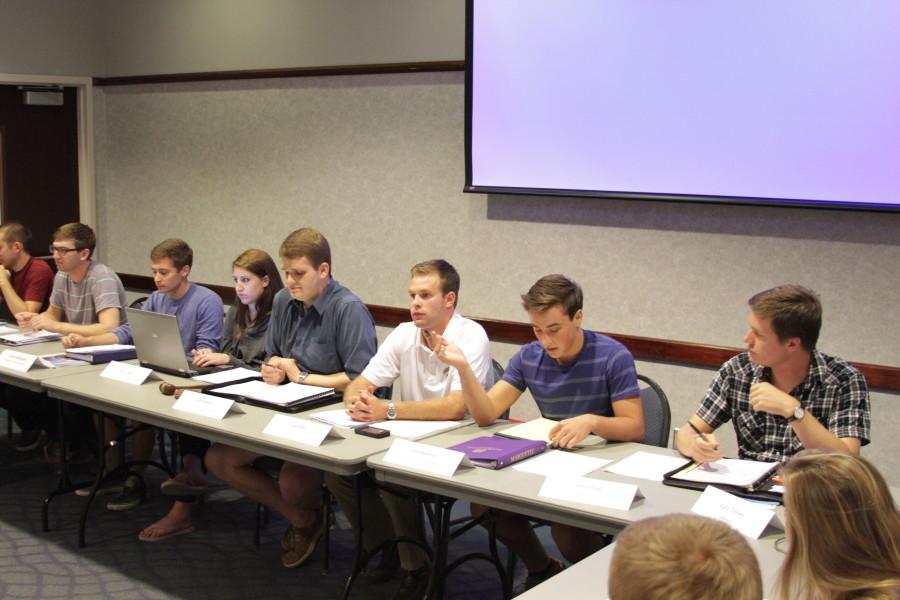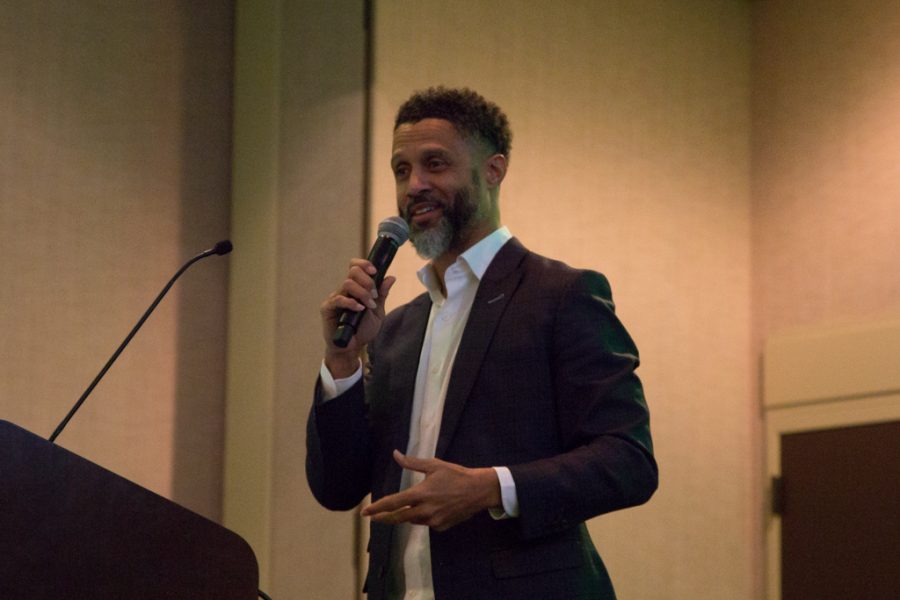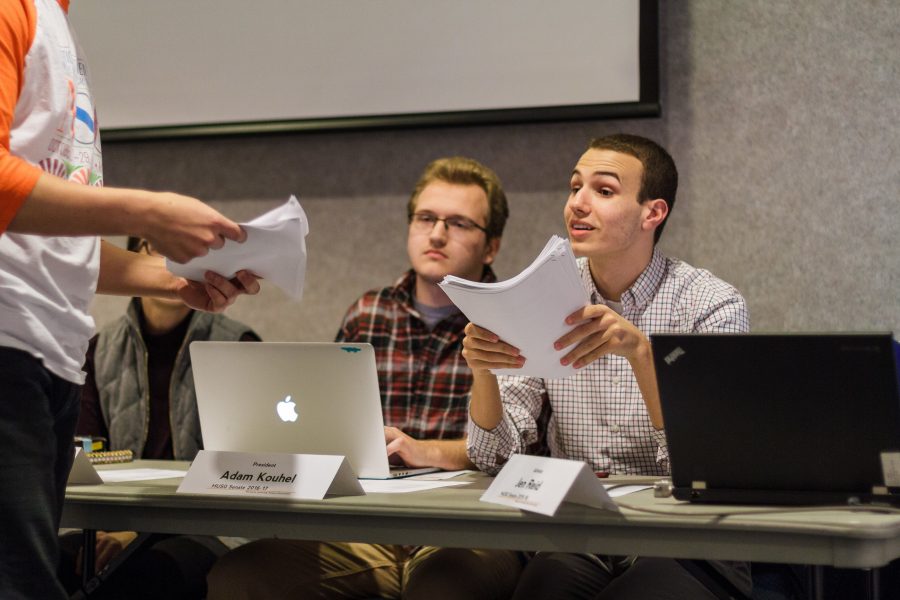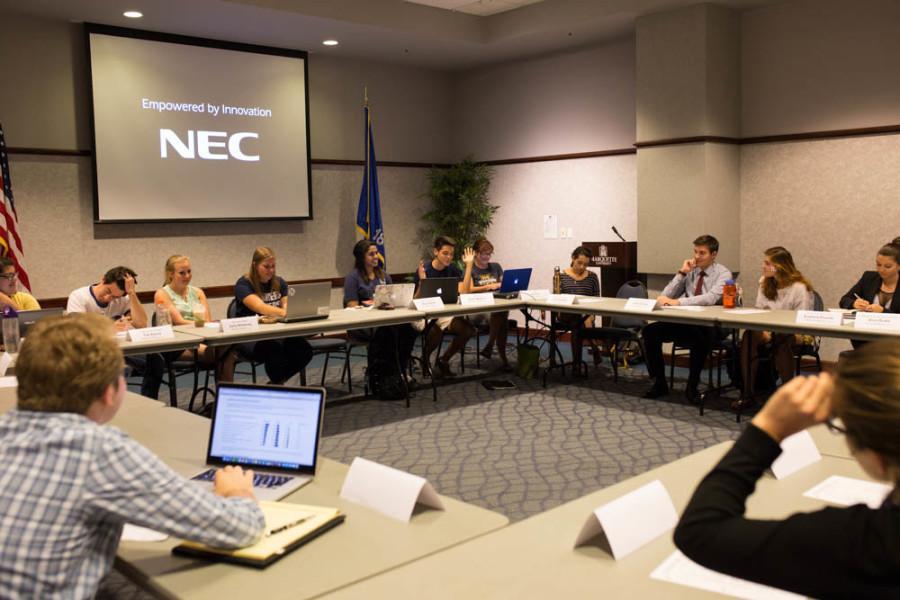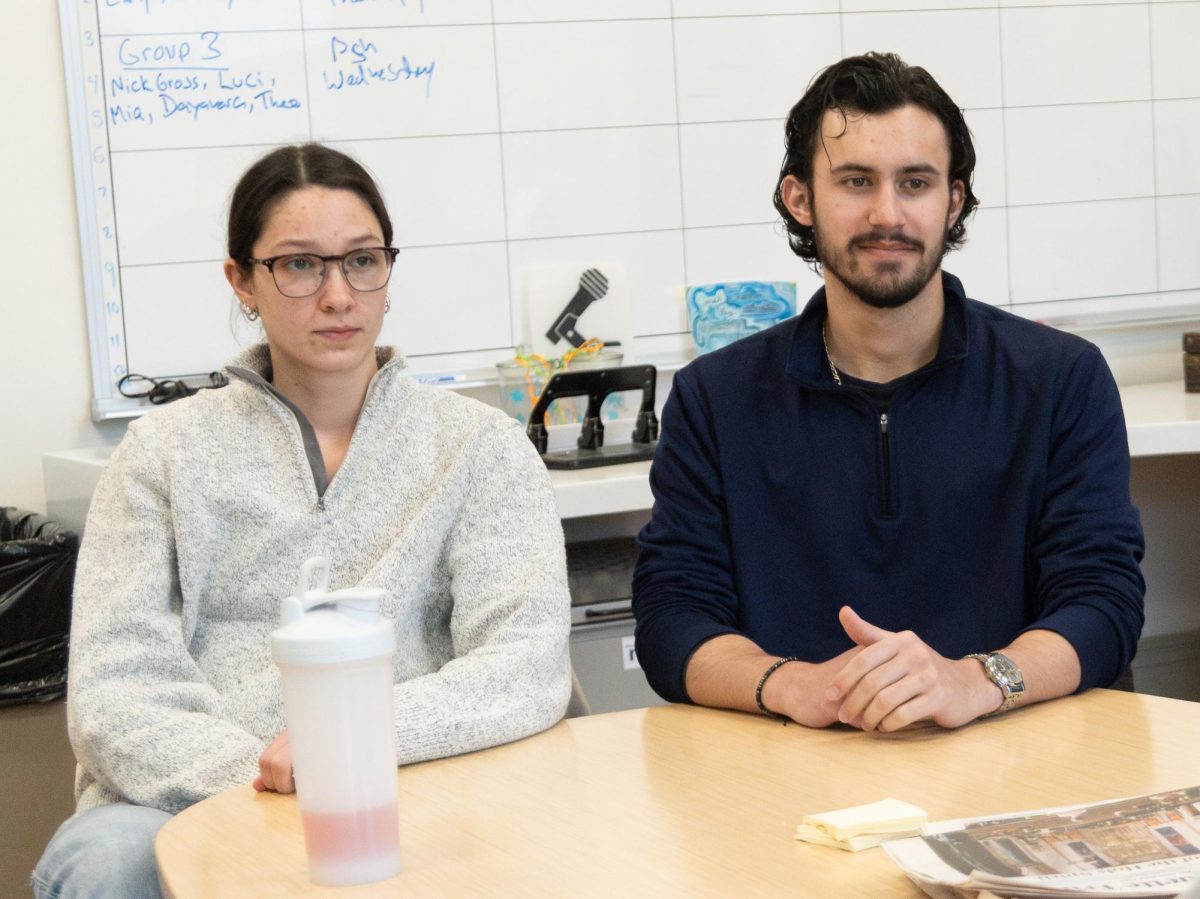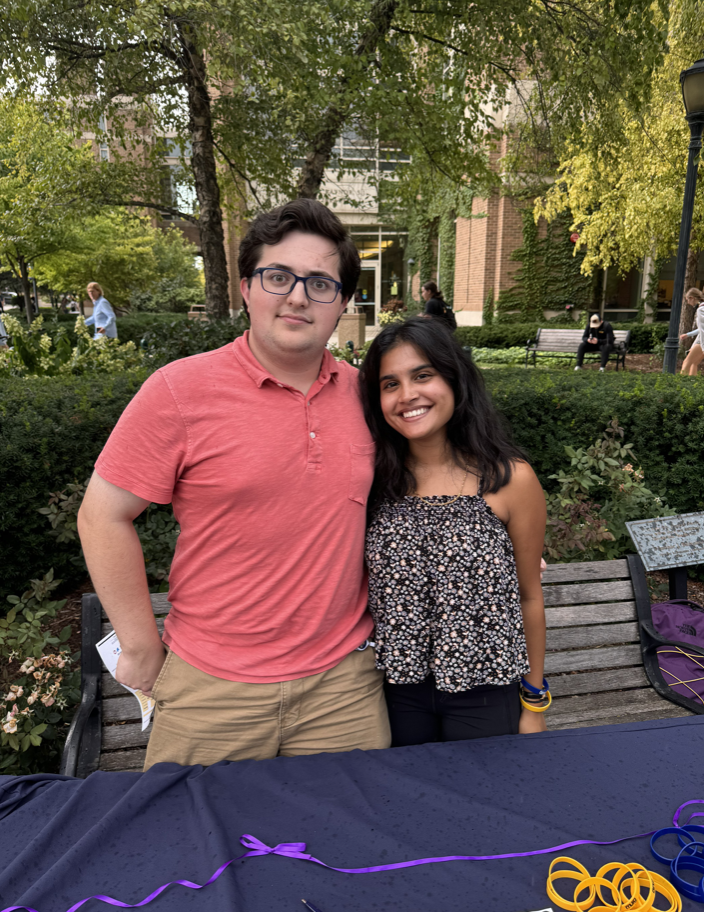
October’s Student Organization Funding allocations revealed weaknesses in the Marquette Student Government process that have yet to be addressed.
The problems with SOF allocations stem from both weaknesses in the policies themselves and a lack of open dialogue between students and MUSG representatives. While policy changes are ultimately up to MUSG, students need to make a concerted effort to express their opinions so changes can be made as effectively as possible for future Marquette students.
In a meeting with the Tribune, Zach Bowman, MUSG executive vice president, said the SOF ad hoc committee will hold meetings with students and representatives from student organizations within the next month to address their SOF concerns. This is a valuable opportunity for students to clear the muddle created in regard to SOF this year – and students need to take advantage of it.
On the surface, MUSG seems to be setting the stage for sustainable reforms to its funding processes. An open dialogue can only exist if MUSG follows through on this plan and members of student organizations make the effort to attend these meetings and let the student government know what they think.
By the end of this academic year, MUSG should use student input to establish a firm, lasting groundwork for proper disbursement and capping of its reserve fund, the safety net which has ballooned to over $250,000, and thoroughly review its SOF policies and guidelines.
For this to happen, MUSG’s efforts cannot be limited to just a handful of organized meetings. It should also continually keep students up to date on matters that concern them. Aside from its planned forums, MUSG needs to take the initiative to inform students about what type of input it seeks in its work on SOF, keeping frequent and informative contact with student organizations.
This means more meetings with student groups, more effective discussions about funding allocations and a link with organizations that allows them to be active participants in the SOF process. MUSG should also start to offer more polls about capital projects and SOF to look for suggestions from all students – even those who are not going to reach out the other way.
Consistent dialogue will ensure student organizations know as much as possible about policies and guidelines for SOF and know what is expected of them.
These changes can only happen if students meet the government halfway. MUSG expressed the willingness of senators to work directly with students interested in capital projects, which has been included in the conversation to address the massively inflated reserve fund. If MUSG is going to offer this dialogue, it must be done without arbitrary limitations that kept reforms from taking place in the past.
In addition, student organizations should not take lightly the need to be aware of SOF guidelines before submitting an application for funding. Every group submitting an application is responsible; they should all know how the process works. If they have questions, they should ask, and MUSG should respond as completely as possible.
Comprehensive changes to MUSG’s policies and guidelines will require a lot of time to plan and implement. This means current student organizations may never see the reserve fund disbursed or a more fluid SOF process. The goal for both MUSG and student organizations, then, should be to establish a lasting campaign that future classes may benefit from.
MUSG is funded almost entirely by students. Its executive board and its senators are students themselves. Its legislation and funding allocations are overwhelmingly dedicated to student interests. MUSG is, in a word, a government, and its members should always work as direct representatives of students and their interests. Now that MUSG is taking the initial steps to reassess its relationship with the student body, students too must step into the fold to ensure MUSG’s review of its policies is as thorough as possible.
The overhaul of SOF regulations requires a two-way street. With MUSG opening the door, students need to have their opinions ready to throw on the table.



